The organic vegetable market continues to show robust growth worldwide. Vegetable breeding company Rijk Zwaan is responding to that growth with new disease-resistant varieties that offer harvest reliability. Lettuce breeder Johan Schut: “We listen closely to the entire fresh produce chain’s needs, and those needs are focused on what consumers of organic products want: high-quality, chemical-free vegetables that are also affordable.”
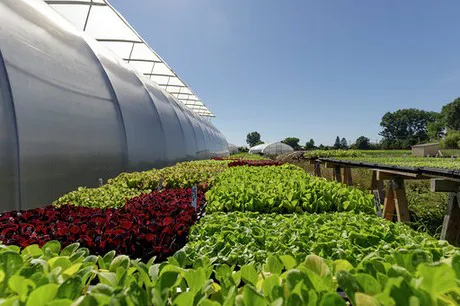
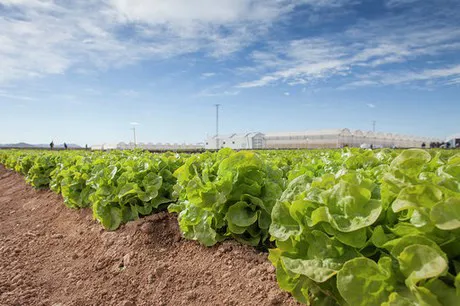
At Rijk Zwaan, the first phases of breeding are the same for new varieties, irrespective of whether they are conventional or organic. That’s a conscious decision because it keeps all the company’s breeding expertise centred in one place. Besides that, the growers’ needs are roughly the same, says Johan Schut: “Strong, disease-resistant varieties are important for both markets. In the case of lettuce, the main resistances are against downy mildew, aphids, leaf miner, bacterial spots and Fusarium. But one important difference is that organic growers can’t use any chemical agents, so a variety’s resistances can be pivotal in whether the crop succeeds or fails. Harvest reliability is essential to their profitability.”
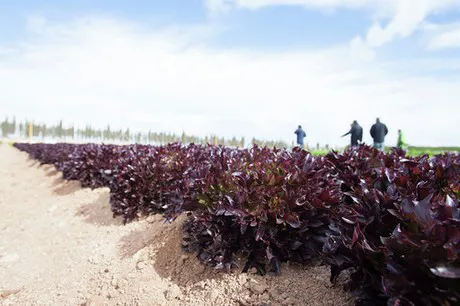
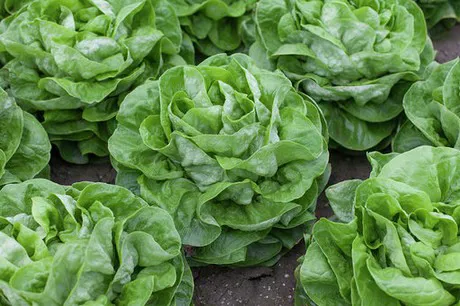
Fertiliser-efficient varieties
The second important requirement for organic varieties is that they grow easily without needing much fertiliser. “Organic farming is based on natural cycles and the use of organic fertiliser, so in our selection work we look for efficient varieties that perform well without an excess of nitrogen. A similar shift is happening in conventional farming, by the way – the fertiliser rules are becoming tighter all the time, so efficient varieties can be valuable for all growers.”
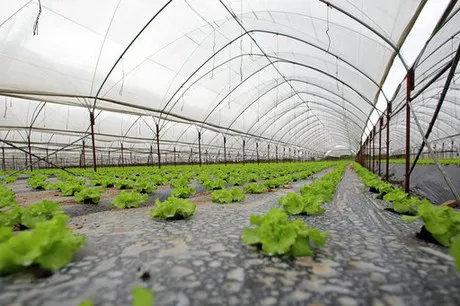
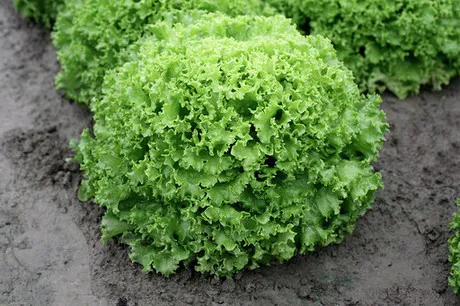
Close ties with partners
Rijk Zwaan’s breeders discover the market needs by talking to their own colleagues, growers and other chain partners. It is a close-knit network, especially in the organic segment, according to Schut: “I recently attended an organic growers’ day, which is where we provide an update on what we’re working on and growers share their problems with us. That prompts new ideas. To give you one example, open-field organic lettuce growers plant flowerbeds in between their crops to encourage natural enemies of pests. If we find a variety with a partial resistance, that could be enough to keep a pathogen at bay in combination with such natural enemies, so we can run practical trials of the variety sooner.”
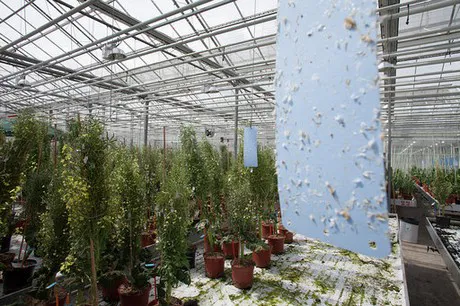
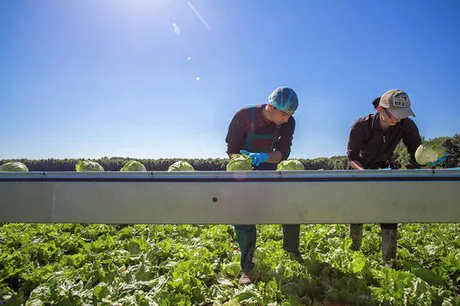
Organic trial field
Talking of practical trials, that is usually the phase when the paths of conventional varieties and organic varieties diverge. This is logical, because Rijk Zwaan studies the performance of new organic varieties in its own organic trial field and/or at an organic grower’s farm. Schut: “We have a separate trial field at our German facility in Welver where we grow crops organically, and when a variety is introduced commercially the seed production is done separately too, of course. Seed is produced by certified organic growers in the Netherlands and Australia. That seed is what ultimately forms the basis of high-quality, chemical-free and also affordable organic vegetables.”
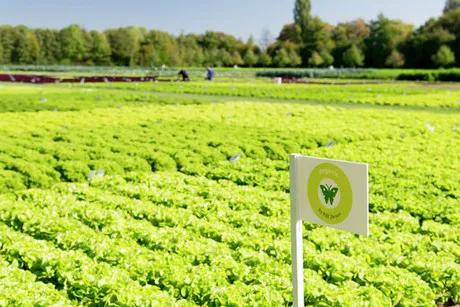
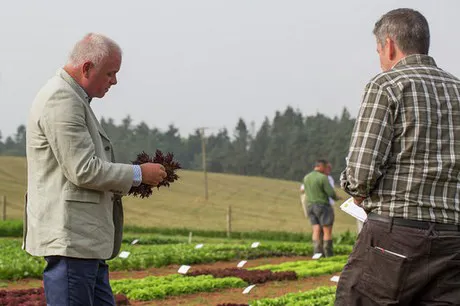
For more information:
www.rijkzwaan.com/solutions/organic
